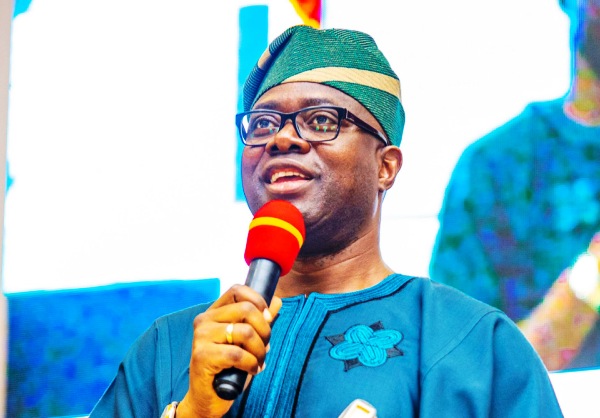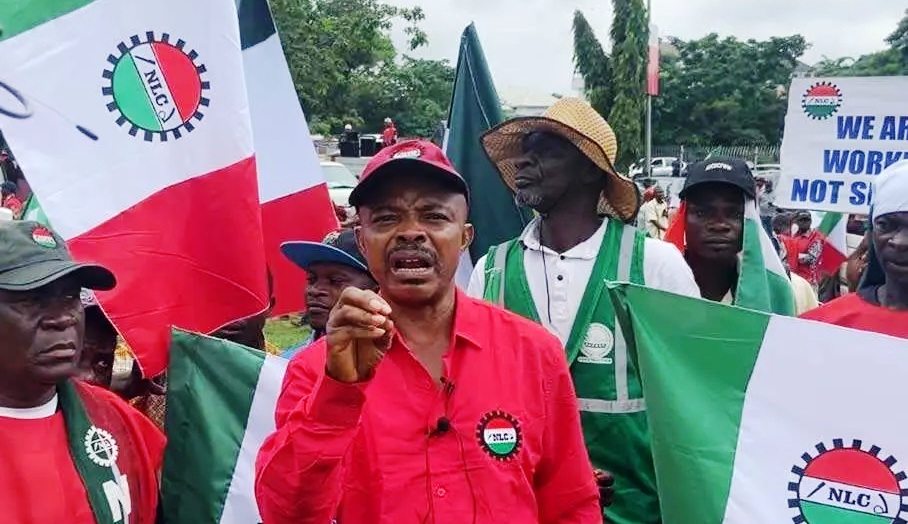One of the most worrying catching eyesore across the entire topographical landscape of Nigeria, South West Africa is the plethora of failed projects that dots all zones. This is not limited to critical infrastructure alone, but hugely economic and social projects. In this national orgy, all the three tiers of government are entangled in the cobwebs of stuck projects, satirically called “white elephants” projects. The Mambilla power project clearly exemplified this ugly profile of projects management in the Country. Therefore, at the onset, the expected coming on steam of the much celebrated Dangote Refinery and Petrochemicals project was received with much trepidation by a lot of stakeholders.
Since 2016, when the project kicked off in Lekki Peninsula axis of Ibeju Lekki Local Government area of Lagos State, after the rancorous exit from the original planned site around Olokola Free Trade Zone between Ondo and Ogun States, not many stakeholders placed much enthusiasm on it. Not with the distressing tales that followed the exit from that axis. But Dangote Group, the Chief Promoter of the ambitious single line refinery project soldiers on. The Group had mobilozed a sizeable funds internally, but still needed the intervention of some banks to pull through. Thus, some five banks were approached. And with the funds pulled together from the five banks, the project initially estimated to cost nine billion US dollars, but which has been jacked up to over twenty billion dollars, kick started in 2016, when the contractors moved to the site.
The jack up gap in costs, from its initial estimated cost of nine billion dollars, to more than doubled to over twenty billion dollars, was however, attributed to the peculiar exigencies of the Nigerian microeconomic environment vis-à-vis its relations with the global economy.
www.focusmagazineonline.com recalled that the President of the Dangote Group, Aliko Dangote, had, in 2013 announced his intention to construct the refinery puts it total estimated cost at about nine billion dollars.
But, the erstwhile governor of Central Bank of Nigeria’s (CBN) embattled Godwin Emefiele, at the commissioning of the refinery on Monday, May 22, said the cost had escalated astronomically by 2017 due to multiple factors.
www.focusmagazineonline.com sources, both at the Nigerian National Petroleum Corporation Limited (NNPCL), CBN and Dangote refinery itself, now put the costs at over twenty billion dollars.
The refinery was scheduled to start pumping out refined Premium Motor Spirit (PMS) by the close of August, but towards the tail end of September, confusion now reigns within the top echelon of the management of the company over when production will start.
When the President, Asiwaju Bola Ahmed Tinubu, gaily announced “now that the subsidy is gone”, in the middle of his inaugural speech at the Eagle’s Square, Federal Capital Territory, (FCT), Abuja that mild sunny afternoon on May 29, paramount at the back of his mind is the much touted Dangote Refinery and Petro Chemical Industries said to be almost ready for commissioning in Lekki Peninsula axis of Lagos State. As at the time, the refinery complex projected to be the largest single line refinery in African had just been commissioned by the then out-going President, Muhammadu Buhari, and it was billed to stream rolled the first refined products by the end of August of the year 2023. But this was not to be, for certain imprecise reasons.
Not long after the May 29 gassy outburst of the Mr. President, news filtered out from Aso Rock, the seat of the Presidential power, that another local refinery, the Port Harcourt Petro Chemical Industries, too shall rev back to life and start refining fuel before the end of the year. There were loud cheers from all corners, particularly, the major stakeholders. The general believe was that should the two refineries start working, producing Premium Motor Spirit (PMS) for local consumption, there is every likelihood that the pump price of the product shall crash from the almost 600 naira per litre.
Hopes had been raised beyond normal bar, when the refinery was inaugurated amidst glitz and fanfare towards the tail end of President Muhammadu Buhari administration in May. The main promoter of the project, The Dangote Group, had announced that production would start by late August. The completion of the complex was a significant milestone for Nigeria’s oil industry.
Garba Deen, a spokesperson for the Nigerian National Petroleum Company Limited (NNPCL), had also stated in June of this year that the company (NNPC) planned to reduce its fuel imports once the Dangote Oil Refinery commenced production in August. However, all these huge expectations are fast turning into a mirage.
While the August ending promised for production kick off, has since paled into part of the nation’s past without a drop of a litre of refined PMS from Dangote Refinery, the price of the commodity has further surged upwards in the last two weeks, and threatening to further shoot up. This has prompted the Tinubu’s presidency to moved through the petroleum Octopoda corporation, the Nigeria National Petroleum Corporation (NNPC) to force the price to stay at 680 naira despite the unstable strength of the local currency, naira against the US dollars.
As the country snail gradually from September to December, there is no sign that either of the two refineries was come alive before the end of the year. And the implication of this is that the importation regime shall continue unabated, with all its attendants foibles.
www.focusmagazineonline.com learnt in Lagos that there is so much dark clouds over the production kick off of the refinery. The management of Dangote Refinery, sources told our correspondent, has now refused to come out with an official date for the start of petrol refining at the Ibeju-Lekki facility.
The refinery, boasting an initial processing capacity of 540,000 barrels per day, was positioned to meet 100 percent of Nigeria’s refined petroleum needs while generating a surplus for export, potentially yielding an impressive $11 billion in annual revenue.
The ambitious $20.5-billion project aimed to transform Nigeria into a net exporter of refined petroleum products and petrochemicals by 2026, bolstering the nation’s economy and reducing its dependence on imported fuel.
Nigerian businessman Aliko Dangote had unveiled early plans for the refinery in September 2013, when he announced that he had secured about $3.3 billion in financing for the project. At the time, the refinery was estimated to cost about $9 billion, of which $3 billion would be invested by the Dangote Group and the remainder via commercial loans, and begin production in 2016. However, after a change in location to Lekki, construction of the refinery did not begin until 2016 with excavation and infrastructure preparation, and the planned completion was pushed back to late 2018.
In July 2017, major structural construction began, and Dangote estimated that the refinery would be mechanically complete in late 2019 and commissioned in early 2020. According to Reuters, citing sources familiar with the project, construction was likely to take at least twice as long as Dangote publicly stated, with partial refining capability not likely to be achieved until 2022. An associated project at the site of the refinery, a urea fertilizer factory, was scheduled to begin operation in late 2018 and produce about three million tons of urea annually. In 2018 the project was expected to cost up to $15 billion in total, with $10 billion invested in the refinery, $2.5 billion in the fertilizer factory, and $2.5 billion in pipeline infrastructure.
In July 2022, Dangote – African richest man – had to borrow 187 billion naira (about 442 million USD) at 12.75% resp. 13.5% p.a. to complete the refinery. Fitch Ratings noted that the refinery’s start date has been postponed three times in four years and feared diminished investor confidence if operations do not begin in 2023. At the same time, all of the four refineries of the state-owned oil company NNPCL (one in Kaduna, two in Port Harcourt and another one in Warri) are currently idle. The Port Harcourt refinery may start to process crude oil again in 2023 after “revamping”, if ‘Nigeria factor’ do not set in.
Although, the completion of the Port Harcourt refinery’s power plant was announced in January 2023 and the inauguration was expected to take place at the end of the first quarter of 2023. A target already missed. However, no official reason was adduced for the failure to meet the target.
The Dangote Refinery is an oil refinery owned by Aliko Dangote that was inaugurated on the 22nd of May 2023 in Lekki, Nigeria. When in full operation, it is expected to have the capacity to process about 650,000 barrels per day of crude oil, making it the largest single-train refinery in the world. The investment is over 19 billion US dollars.
The 650,000 barrels per day (bpd) refinery, the biggest single train refinery in the world, was commissioned by President Muhammadu Buhari and graced by other African presidents, including Nana Akufo-Addo of Ghana and Mohamed Bazoum of Niger Republic.
The project comprised a refinery, petrochemical, urea and fertiliser sections, and a subsea pipeline project, the refinery is expected to meet Nigeria’s oil demands and help with its available foreign exchange buffer.
Meanwhile, the Nigerian National Petroleum Company Limited (NNPCL) has disclosed that Nigeria needs a refining capacity of about 1.52 million barrels per day (mbps) to meet its local petrol consumption by 2025.
Even if the four NNPCL’s refineries, with the total nameplate capacity of 445,000 mbps and the Dangote refinery’s 650,000 bps, the country will still have a shortfall of about 427,000 bps, equivalent to 20 million litres of petrol daily.
Nigeria, despite being Africa’s biggest crude oil producer, has faced recurring fuel shortages as the country’s dilapidated oil refineries are comatose to refine crude products that could serve to optimal capacity.
The country has relied for many years on importing petrol, diesel and other processed petroleum products.
www.focusmagazineonline.com (14 September, 2023)
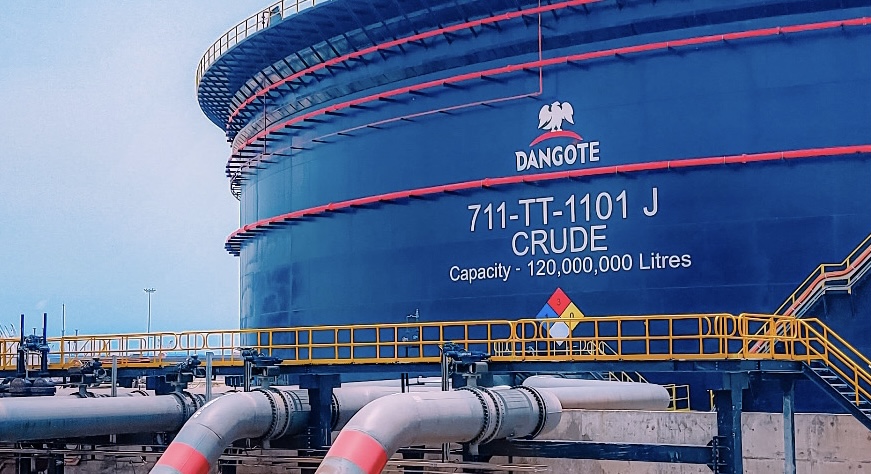
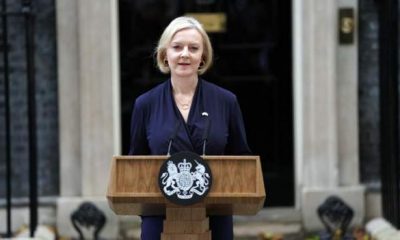
 Main Story2 years ago
Main Story2 years ago
 News2 years ago
News2 years ago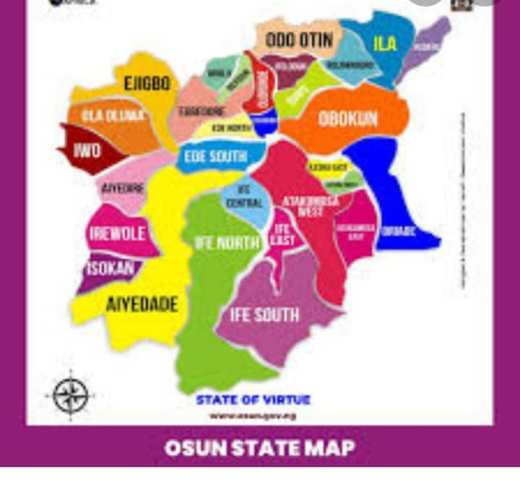
 Featured3 years ago
Featured3 years ago
 Business2 years ago
Business2 years ago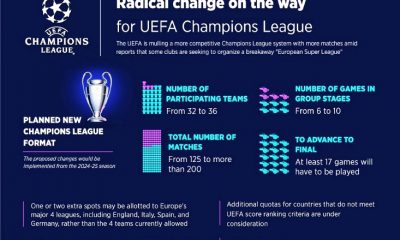
 Sports1 year ago
Sports1 year ago
 Main Story1 year ago
Main Story1 year ago
 News2 years ago
News2 years ago
 Economy2 years ago
Economy2 years ago
